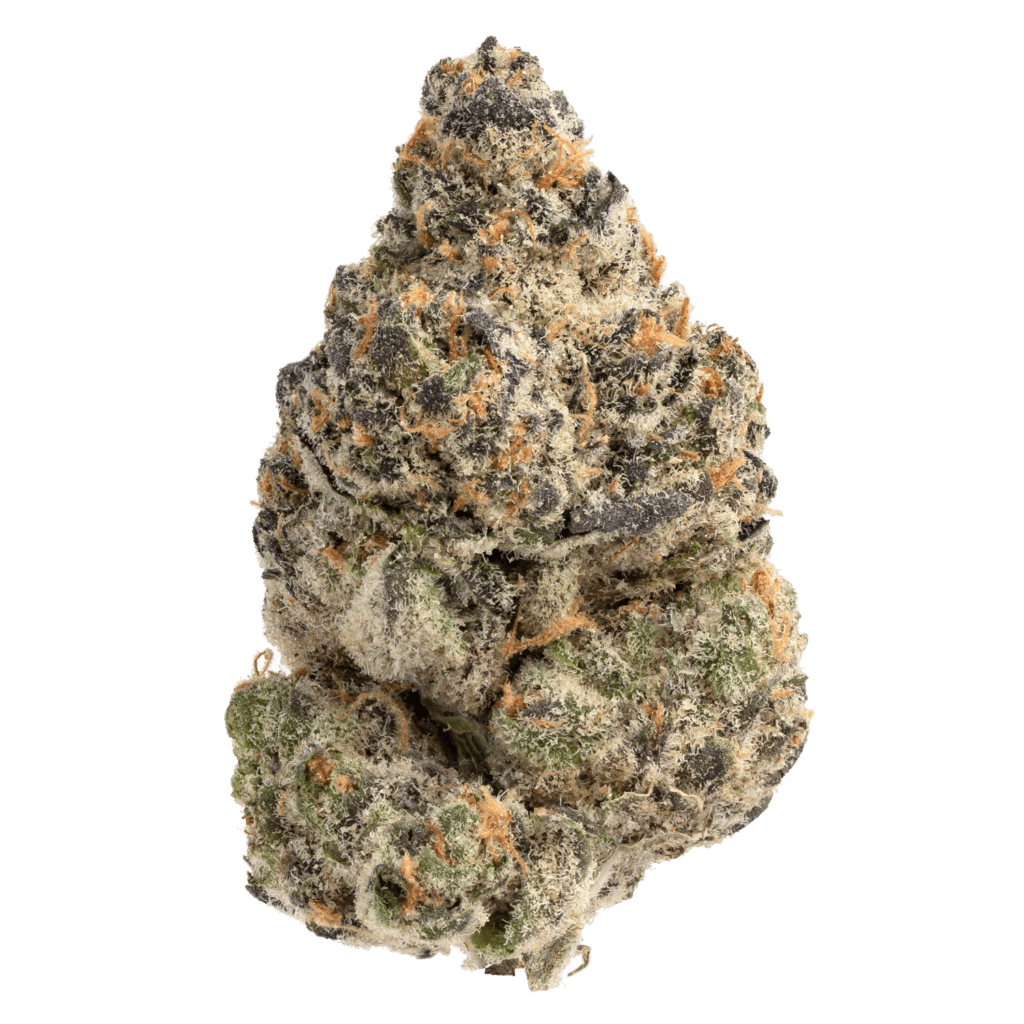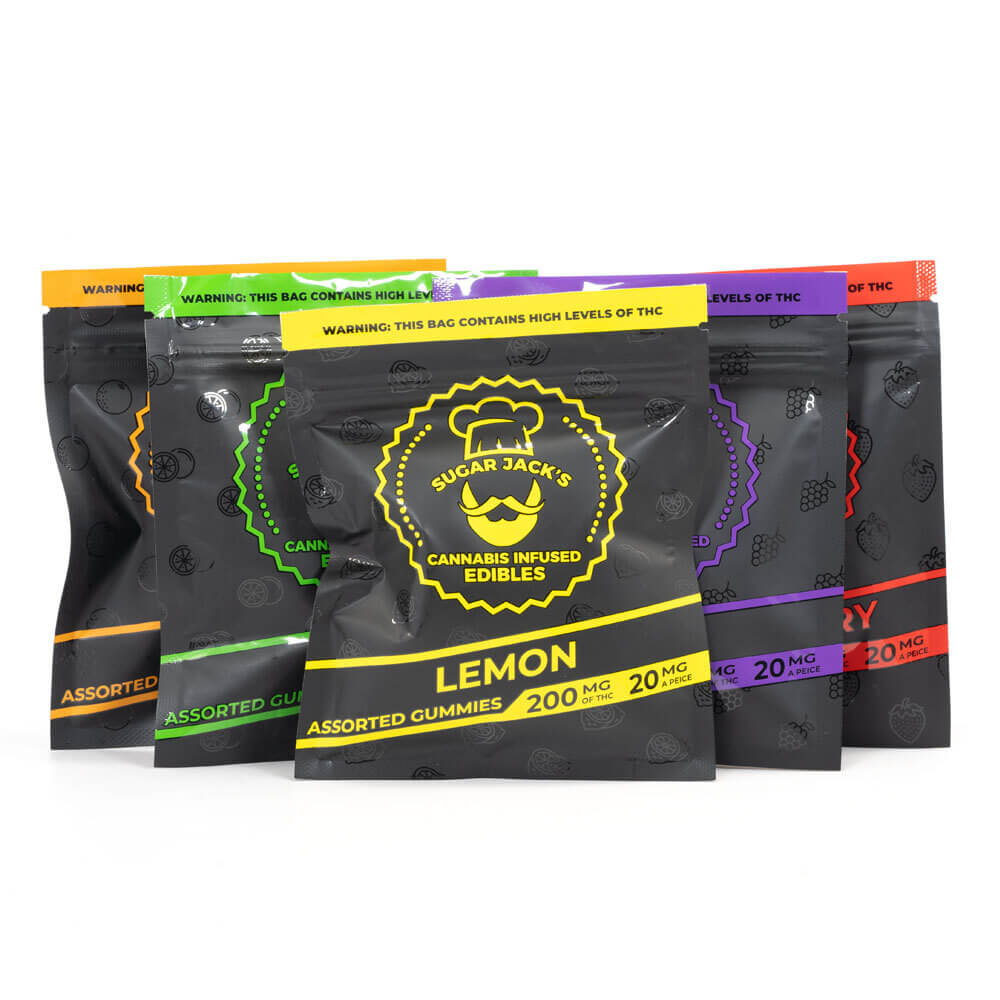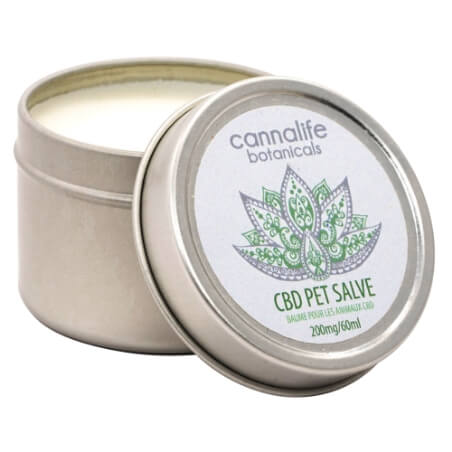No products in the cart.
Delta-8 THC – Why it’s not Delta-9 THC
19 Apr 2021

There are hundreds of different compounds present within the cannabis plant, including cannabinoids Delta-9 THC and CBD, but there are also others you may not yet know, such as Delta-8 THC.
The average cannabis consumer has likely never heard of Delta-8 THC before, but we see this changing rapidly. Even highly experienced cannabis consumers probably couldn’t define Delta-8 THC in much detail at all.
By the end of this article, however, that is all going to change. Today, we’re going to focus on this lesser-known cannabinoid and outline everything you need to know about Delta-8 THC.
We’ll explore the details behind Delta-8 THC, including its position within the current cannabis industry and the vague and indistinct legality of this unique cannabinoid.
Without further delay, let’s begin!
What is Delta-8 THC?
Did you know there was more than one type of THC? This fact may come as a big surprise to some consumers, but several different versions of the compound exist.
In total, there are over 100 different cannabinoids that have been identified inside the cannabis plant. By far, the most popular one of all is THC. The full name of this compound is Delta-9 tetrahydrocannabinol (THC).
THC is the cannabinoid responsible for cannabis’ psychoactive properties and effects.
Delta-8 THC has a nearly identical name, Delta-8 tetrahydrocannabinol, but it has plenty of properties that make it unique. For astute readers, you may notice that the only difference between the names is the delta-8 or -9. These numbers refer to the placement of a specific chemical bond, which essentially makes them neighbours.
Luckily, you don’t need a chemistry degree to understand the basics behind what makes each THC version unique.
The molecular structure between Delta-8 THC and Delta-9 THC is identical except for a specific chemical bond that occurs at either the eighth or ninth carbon in the chain. Thankfully, the name tells you everything you need to know about this bond placement.
Now that we understand how similar these two compounds are in their chemical structure, let’s get into the practical differences between them.
Comparing Delta-8 & Delta-9 THC

Delta-8 and Delta-9 THC can both be extracted from the marijuana plant. On the other hand, hemp plants possess less than 0.3% THC. Also known as industrial hemp, these plants are regulated by the Farm Bill, mandating the 0.3% Delta-9 THC limit.
Savvy readers may have noticed how we said Delta-9 THC. This mentioning was entirely intentional and will become relevant later in this article. For now, let’s get to the topic of how these compounds impact the human body.
The chemical bond location may not seem like a big deal, but it does have some dramatic consequences. More specifically, these two compounds interact with the human endocannabinoid system in unique ways. However, there is also an overlap between the clinical outcomes of each.
Let’s start with looking at similar outcomes that occur after consuming both THC versions. Both compounds can supposedly help treat anxiety, pain, and nausea. Moreover, evidence shows that they both may be able to stimulate appetite and possess neuroprotective properties.
Many consumers refer to Delta-8 THC as ‘THC-lite.’ This term perfectly captures one essential difference between the two. Compared to Delta-9 THC, Delta-8 is far less psychoactive. In other words, Delta-8 THC produces a weaker overall effect than standard THC.
The bottom line here is that Delta-8 THC can produce similar effects to Delta-9 THC, but just not as strong. Scientists say that Delta-8 THC is less psychotropic, producing a weaker psychoactive response.
It’s worth mentioning that, according to a user’s specific intentions and needs, this characteristic is not necessarily negative. Delta-8 THC could potentially provide an alternative product for those who experience unwanted adverse symptoms from Delta-9 THC.
Essentially, Delta-8 can produce shared potential benefits we discussed earlier, such as improvements in pain, appetite, anxiety, and nausea. That said, you can receive these benefits without being as impaired. Furthermore, there is a reduction in the risk of adverse events, especially for those sensitive to THC or with lower weed tolerances.
Overall, consumers find that Delta-8 THC can produce minor effects, while still maintaining cognitive abilities. The lack of physical and mental impairment increases how functional these adults can be. All while utilizing the perceived beneficial properties of cannabis.
So, while we learned that you don’t need a high tolerance to consume Delta-8 THC, you may be wondering whether the compound is safe. We will discuss this in the following section.
Is Delta-8 Tetrahydrocannabinol Safe?
The benefits we discussed above are certainly promising, but they do require further research. Currently, there is not enough sufficient scientific evidence to support claims around the short- or long-term benefits or adverse effects of Delta-8 tetrahydrocannabinol.
While many studies have been performed, the majority are animal studies and laboratory research on cell cultures. This limited evidence does allow us to make some inferences about the effects of Delta-8 on the human body.
Whether Delta-8 THC is entirely safe is currently up for debate. One of the many unanswered questions is what the effects of synthetically produced Delta-8 THC are.
This rudimentary and unregulated process involves creating Delta-8 THC from cannabidiol (CBD). Sadly, the synthetic production of Delta-8 THC is far cheaper and more practical for producers because hemp is high in CBD and no other cannabinoids.

This concept leads us to the mystery surrounding the legal status of Delta-8 tetrahydrocannabinol. Rules can vary from region to region, with many unclear restrictions. One of the reasons why there is so much confusion around this cannabinoid is because it can be both cannabis and hemp-derived.
While some states and regions have legalized recreational and medicinal cannabis, others have not. This miss-match of rules has led to producers using legal loopholes to sell Delta-8 THC.
Consumers and producers view this cannabinoid as a legal alternative that does not carry the same potential criminal charges. As mentioned earlier, there is a severe lack of regulation surrounding natural and synthetic Delta-8 THC.
Far more extensive research is necessary to demonstrate the safety of Delta-8 THC. That said, one commonly cited study from the 1990s claims that Delta-8 THC is “an efficient new cannabinoid antiemetic in pediatric oncology.”
For those otherwise unaware, antiemetics are compounds that reduce nausea in a variety of situations. Furthermore, pediatric oncology refers to the study of cancer in children.
This study aside, there are far too few sources that provide evidence around the safety of Delta-8 THC. The potential adverse side effects and limitations of this cannabinoid are not yet fully understood.
With this in mind, consumers need to exercise caution around Delta-8 THC. Should they choose to try it, they must realize that, at this point in time, it is at their own risk.
Will Delta-8 THC Become a New Category of Cannabis Products?
Delta-8 is quite accurately described as THC-lite. There are a variety of potential benefits to consuming Delta-8 instead of Delta-9 THC. That said, those seeking a safe and effective legal alternative to Delta-9 THC may be disappointed.
Many municipalities still outlaw cannabis. While recreational and medical cannabis are becoming legal in an increasing number of places, there is still much progress to be done.
Delta-8 THC perfectly exemplifies the resilience and versatility of the cannabis industry. Avoiding restrictions through the navigation of legal loopholes has spawned an entire industry devoted solely to Delta-8 THC.
However, this industry also remains unregulated, operating in far too much mystery. The same could be said about the scientific evidence in support of Delta-8 THC. Thus, more research and better regulations are necessary before it can be assured that it is safe to consume.
The ability to avoid tolerance problems and unwanted impairment is certainly a promising area of pursuit. If these perceived benefits receive further scientific backing, Delta-8 tetrahydrocannabinol may become an entire segment by itself.
That said, while issues with impairment are less pronounced, using unregulated products without scientific evidence for safety presents a real risk. With better quality assurance practices, we can at least reduce the potential for contamination and other accidental harms.
The unclear legal status of Delta-8 THC can also cause problems on the consumer level, depending on where users live. Combined with the lack of research, one can likely understand why it would be necessary to take a moment to assess the potential risks.
As a consumer, always remember to focus on safety first, no matter how popular this cannabinoid may become.





